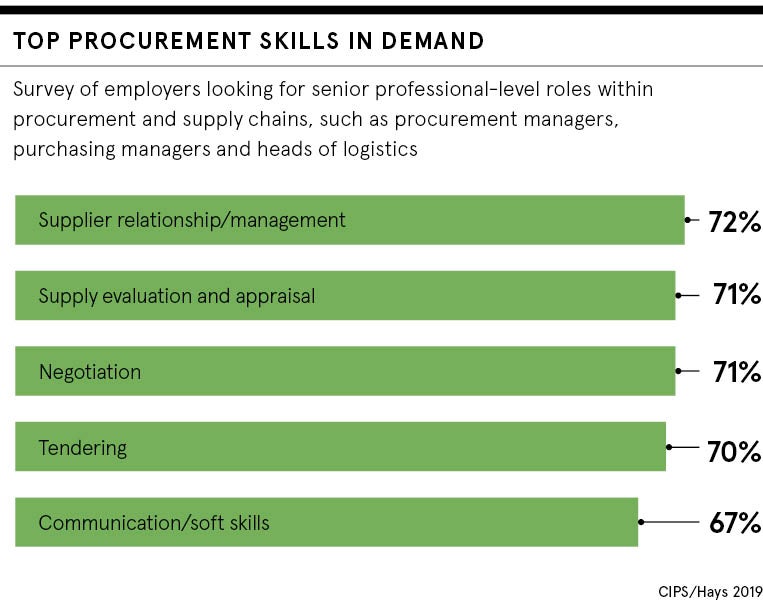With so many challenges and uncertainties facing business right now, innovation can often become the poor relative, lacking attention and flung to the bottom of the pile. These days it seems there is never a quiet time to pause and reflect, to find space to understand the bigger picture.
But companies risk falling behind their competitors if they don’t, so this wider view should always be switched on, embedded in the day to day, because this is where true innovation comes from.
According to the recent global survey Elevating Supply Chain Digital Consciousness, by US supply chain trade association MHI and Deloitte, a digital mindset is on the rise and 95 per cent of companies surveyed said they are upping their digital investment.
These changes are taking on a force of their own as transformation feels faster, more dynamic and more impactful. Blockchain and artificial intelligence, for example, are no longer the future, but are technologies that are being implemented, right here, right now and are fast becoming the norm.
Collaboration key to innovation
Innovation is not just about new, shiny technology, however; it’s much more than that. In our 2019 CIPS/Hays Procurement Salary Guide and Insights report, relationship management was one of the key skills identified as being important when hiring senior employees. These highly experienced professionals have the ability to develop sophisticated networks, source new ideas and, of course, advance innovative solutions to business problems.
Add collaboration to the mix and businesses cannot be run efficiently without cross-departmental working, gaining the perspectives of key decision-makers, and without external collaboration whether with key advisers or suppliers. Having closer relationships with suppliers can be powerful and motivating, whether a supplier is bigger than your company or is just starting out.

In the hustle and bustle of a working day, it is not always easy to see things from a different stance, but your suppliers can often zone into new ways of working, so regular, open and transparent meetings are valuable. You need to enable your suppliers to bring forward the best innovations with a focus on achieving the outcome you are seeking, and avoiding the traditional rigid approach of specifying the inputs, and how you will achieve these.
Be agile and challenge the status quo
Agile small and medium-sized enterprises (SMEs) are one thing, but having an agile mindset in business means innovative solutions can be brought to the table, agreed and implemented more quickly, without committees and reams of process to get through first. Agility offers a competitive advantage in the marketplace and, as the general speed of business gathers pace, companies need to keep up.
Being innovative also means challenging the status quo and to keep challenging it. If your business only deals with larger suppliers, because they are perceived to have the appropriate access to resources and large-scale operations, look again.
There are many ways of bringing SMEs into the fold and creativity to the table. Open innovation platforms or contract-finder websites have enabled SMEs to not only bid for work, but contribute more effectively to these creative discussions. Look for supplier diversity guides, such as the collaborative work CIPS completed with MSDUK, to demonstrate how supply chains can be transformed by inclusive approaches and increased diversity.
The State of Innovation report from Unilever Foundry predicted that within a few years a significant number of large corporations will be collaborating with SMEs on a regular basis. This signals a big shift in business thinking and offers a blueprint for the future of commerce we must take notice of.
The key to innovation is to be swift of foot, constantly question and challenge the way things have always been done. Only then will businesses unlock the value of agility and innovation in their supply chains, encouraging growth and success.
Collaboration key to innovation




